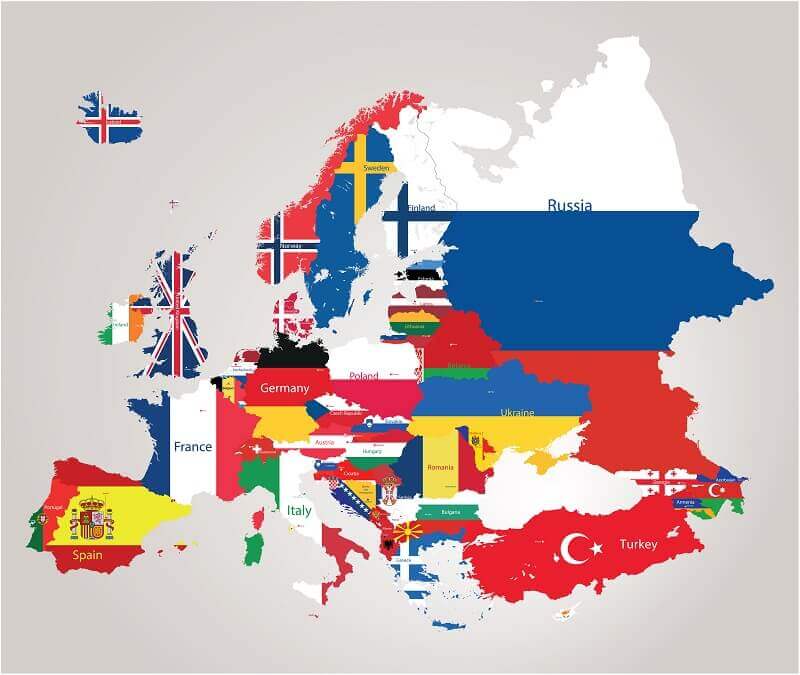
The financial sector has had to adjust quickly to the rapidly changing landscape that Fintech innovations have brought. None more so than the established, older organisations who are having to look at new ways to do business so as not to get left behind. In the UK alone, Fintech generates revenue of £6.6 billion per year with an estimated 1600 Fintech firms in the UK currently. This figure is expected to more than double by 2030, according to a report last year from the Department for International Trade. Technology has always been a driver of innovative ideas, so it is no surprise this has changed the way finance is dealt and experienced by consumers all over the world. So, what are the advantages of the Fintech innovations that have led to so much investment over the last few years?
Price
A key aspect of Fintech is with each innovation comes a potential reduction in cost, not just for businesses, but for the consumer as well. An example is UK fintech firm Cashplus, who with their Payments API (Application Programme Interface) innovation, have been able to potentially save companies 50% on transactions costs normally associated with the banks. This could mean £500 million in potential cost savings overall as the product can process simultaneous payments, saving time and money. With algorithms becoming more and more intelligent and able to judge things like lending risk more accurately, the automation of many processes means less of a physical presence is needed.
Some Fintech start-ups can then pass these savings onto their customers. Atom, for example, are a digital-only banking service much like Monzo or Revolut. As all its services are provided through its app, there are no physical branches, meaning no overheads to pay. This means they can offer a lower interest rate than their competitors for consumers.
Speed
Many online or digital-only lenders can offer same day lending if an applicant is approved, and this is only possible due to the advancements of Fintech. Say you were looking for short term loans or a payday loan, for example, you would find many lenders offering a fast turnaround on their services. The demand from consumers to be able to get the service they need in an instant is high, with 90% of banks expecting growth in the usage of mobile applications, with an increasing focus on ‘mobile-first’ to be able to reach out to consumers, according to data from PwC. Many lenders have been able to deliver a quicker decision process thanks to less information needed from an applicant whilst still adhering to FCA lending guidelines. The automation process has been positive for many consumers, with Artificial Intelligence expected to power 95% of all customer interactions in the next decade with many preferring machine interactions over human.
Accessibility
The rapid development of Fintech is also helping to bring new opportunities to increase transparency, reduce costs and also make information more accessible. Fintech is helping to ensure that this information is at a consumer’s fingertips.
Fintech also helps to make some financial products more accessible for individuals who are classified as ‘unbanked’ – i.e. those without a current or basic bank account. Research from the University of Birmingham showed that in 2017, the number of people ‘unbanked’ in the UK hit an all-time low at around 1.23 million. However, this is still a large number of individuals who may not be able to access the financial help they need, without the use of Fintech.
Security
With speed innovations come the need for tightened security protocols, and Fintech innovations have had their influence on this too. Reports suggest that UK businesses are the main loser – at a cost of around £21bn per year – when it comes to cybercrime due to the levels of intellectual property theft and espionage. In the financial sector, these costs reach just under £2.5 billion per year, highlighting the need for better security. One emerging innovation that follows the lead from the rise of smartphones using the technology, is biometric authorisation. Being even more secure than a PIN, using your fingerprint to authorise payments and transactions is the next step in securing digital-only transactions in the future. Both Visa and Mastercard have trialled biometric bank cards in the last year and the signs are positive for future, widespread use.
The development of Blockchain technology also, for example, is a secure way data can be stored on thousands of servers and has revolutionised the financial markets. Like cryptocurrency, the security and encryption involved mean trust is involved with consumers using them, especially while Fintech companies are rapidly expanding. It is expected by 84% of business executives that Blockchain technology will eventually have mainstream usage, with 450 million blockchain transactions having taken place up until September 2019.
The current and future state of Fintech innovation is in great health, with increasing investment and more and more companies taking on board the changes. 82% of traditional financial institutions expect to increase Fintech partnerships in the next 3 to 5 years, meaning there will be many more innovative changes ahead.




















